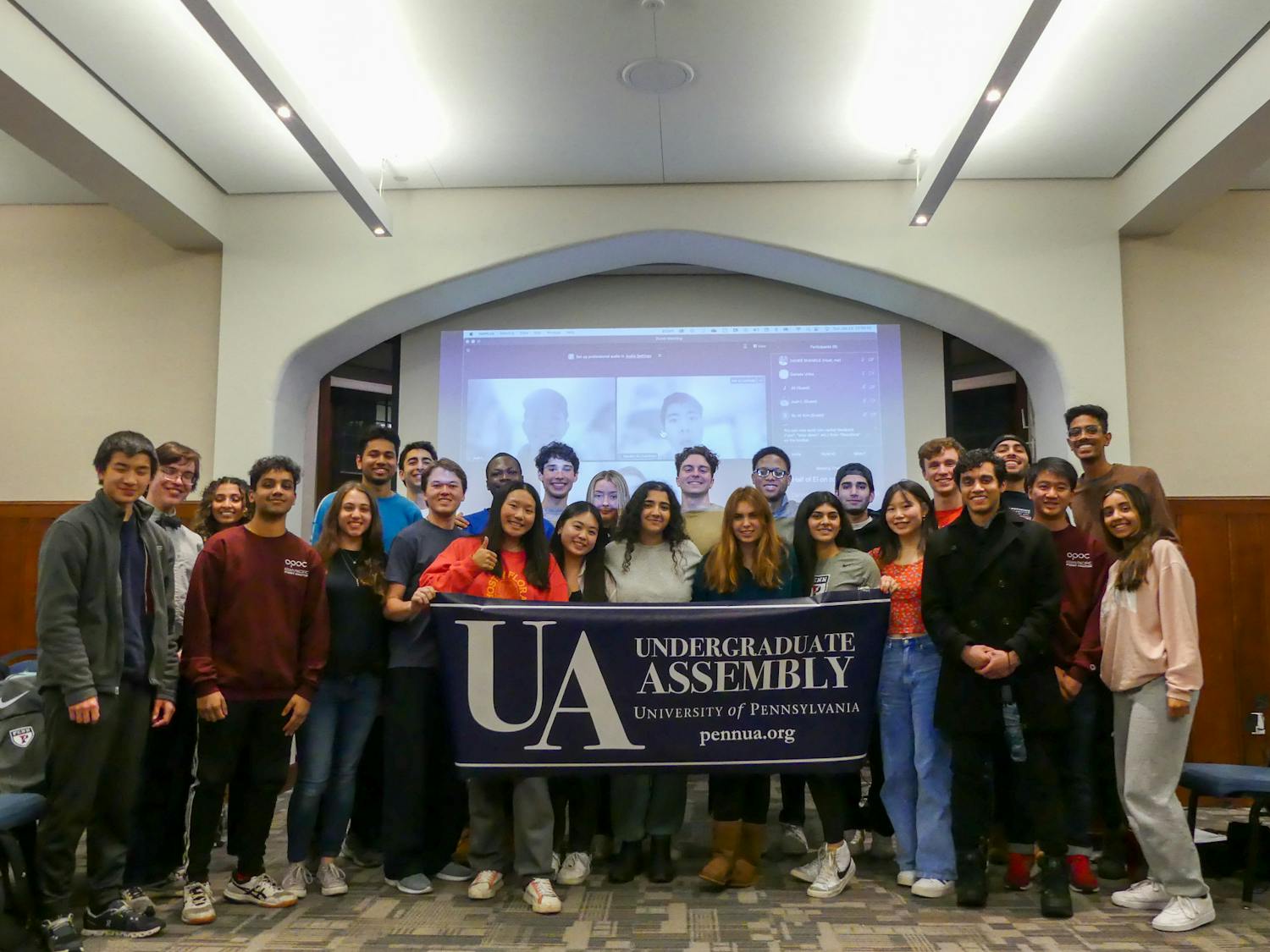All of us probably feel that we know what it means to have humility. Yet, especially in the context of the Ivy League, this particular virtue is underrated. Even Benjamin Franklin seemed a little uncertain of its importance. The 13th virtue was not included on his original list until a friend pulled him aside and gently suggested that he should add it for his own good. Even so, his explanation of how to act out humility is simply “Imitate Jesus and Socrates” — as though that were a simple task. It seems as though Franklin did not give this virtue much thought; perhaps he just jotted this sentence down because it sounded lofty. However, humility is important for a reason that goes far beyond reflecting well on our own characters.
This virtue is linked to the ability to be both non-judgmental and open-minded, neither of which Franklin explicitly states on his list. Many of us pay lip service to the idea that we should be humble and resist the urge to jump to judgments of others. Yet in practice, to actually go through even a day without making any judgments is extraordinarily difficult. It is a natural propensity for human beings to want to find patterns in their observations and make conclusions based on those perceived patterns.
For example, many of us have passing thoughts about the bodies and appearances of others as we go about our daily lives, probably because a person’s appearance is what stands out to us when we see them walk across the street or sit down at the table next to us in a cafe. We think that the person in question is too thin, too heavy, too dirty, too scraggly, too glitzy, too conservative, too liberal and so on — the list goes on.
We also frequently judge the speaking habits of those around us, again because this characteristic is directly observable. We might think that the group of friends sitting across from us on the subway are chatting about superficial and mind-numbing topics, or that the cohort of co-workers grabbing lunch together are pretentiously showcasing their knowledge to one another.
In each of these cases, our “harmless” thoughts intersect with important issues like body image, identity politics and judgments of value and character. Thinking about any of these in depth has the potential to yield insights into the assumptions we make underlying our judgments, what those assumptions reflect about ourselves and whether or not they are truly merited from perspectives of reason, compassion and so on. Yet rather than critically examine these thoughts, too often we never address them, letting them sink back into the recesses of our minds as easily as they popped forth.
On the other hand, if we all internalized a form of humility in which we constantly kept in mind the limitations of our own subjective experiences and the near-impossibility of being able to understand another’s life enough to confidently pass judgment on them, such thoughtless critiques might all but disappear. I tried, and failed, to keep such thoughts from passing through my mind for a week. Like so many of the other virtues I have written about, to embody humility in our interactions with others requires cultivation and practice.
Perhaps this virtue actually reflects the greatest shortcoming of all for the applicability of Franklin’s list of thirteen virtues to the modern world. He treats “humility” as an afterthought, failing to see that in cultivating that virtue lies the potential for a world where everybody is open to the thoughts and experiences of everybody else. Furthermore, none of his other virtues point to the benefit of open-mindedness or being non-judgmental either — a glaring gap in a list that purports to tell us which virtues are best for cultivating healthy and engaged communities of people. Even today, in some form or another, most would reject the idea of uncritical open-mindedness. Yet with the kinds of conflicts our world encounters all the time, it is increasingly evident that such a willingness to practice uncritical open-mindedness alongside our usual tools of argumentation is sorely needed in all of us.
GINA ELIA is a graduate student from Hingham, Mass. Her email address is ginaelia@sas.upenn.edu. “The Benjamin Franklin Experiment” appears every other Monday.









